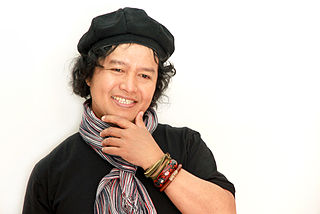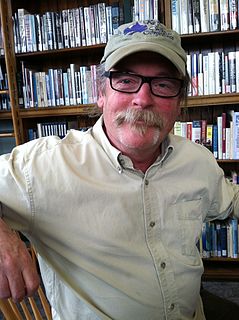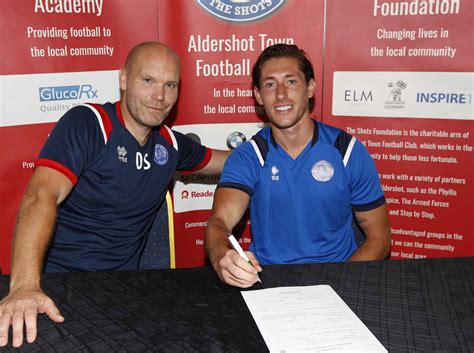A Quote by Andrea Hirata
The treasure of a writer is to maintain their own style.
Related Quotes
When a new writer defends his "style," the teacher smiles (or cringes) because real style isn't an artifice. Real style - voice - arrives on its own, as an extension of a writer's character. When style is done self-consciously and purposefully it becomes affectation, and as transparent as any affectation - an English accent on an old college chum from New Jersey, for example.
It's akin to style, what I'm talking about, but it isn't style alone. It is the writer's particular and unmistakable signature on everything he writes. It is his world and no other. This is one of the things that distinguishes one writer from another. Not talent. There's plenty of that around. But a writer who has some special way of looking at things and who gives artistic expression to that way of looking: that writer may be around for a time.
I don't believe, in the end, that there is any such thing as no style. Even a very neutral, plain style, one that doesn't use colloquialisms, lyrical flourishes, heavy supplies of metaphor, etc., is a style, and it becomes a writer's characteristic style just as much as a thicker, richer deployment of idiom and vocabulary.
As a songwriter, you tend to develop your own style, your own technique, based around what it is you're trying to write and perform, in terms of your own music. So a way of evolving a guitar style as a songwriter is much easier, I think, than developing a true style of your own just from listening to music or playing other people's music.
Like Hemingway and Faulkner, but in an entirely different mode, Fitzgerald had that singular quality without which a writer is not really a writer at all, and that is a voice, a distinct and identifiable voice. This is really not the same thing as a style; a style can be emulated, a voice cannot, and the witty, rueful, elegaic voice gives his work its bright authenticity.
Editing should be, especially in the case of old writers, a counselling rather than a collaborating task. The tendency of the writer-editor to collaborate is natural, but he should say to himself, 'How can I help this writer to say it better in his own style?' and avoid 'How can I show him how I would write it, if it were my piece?'


































